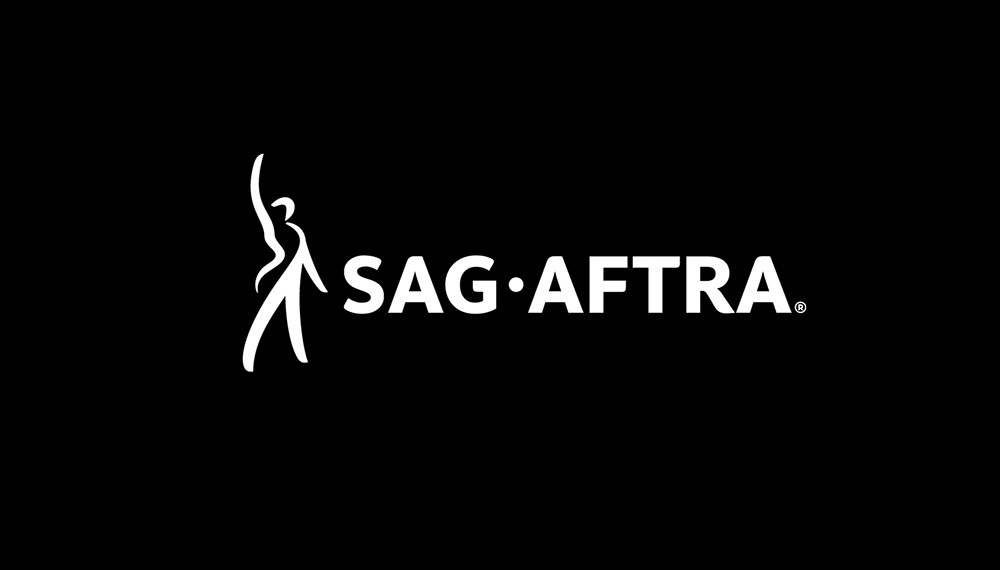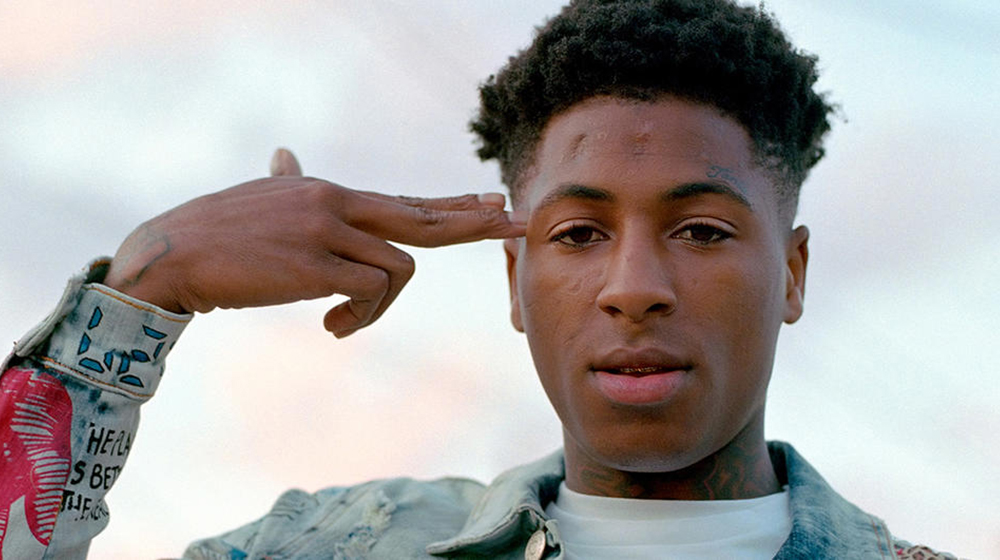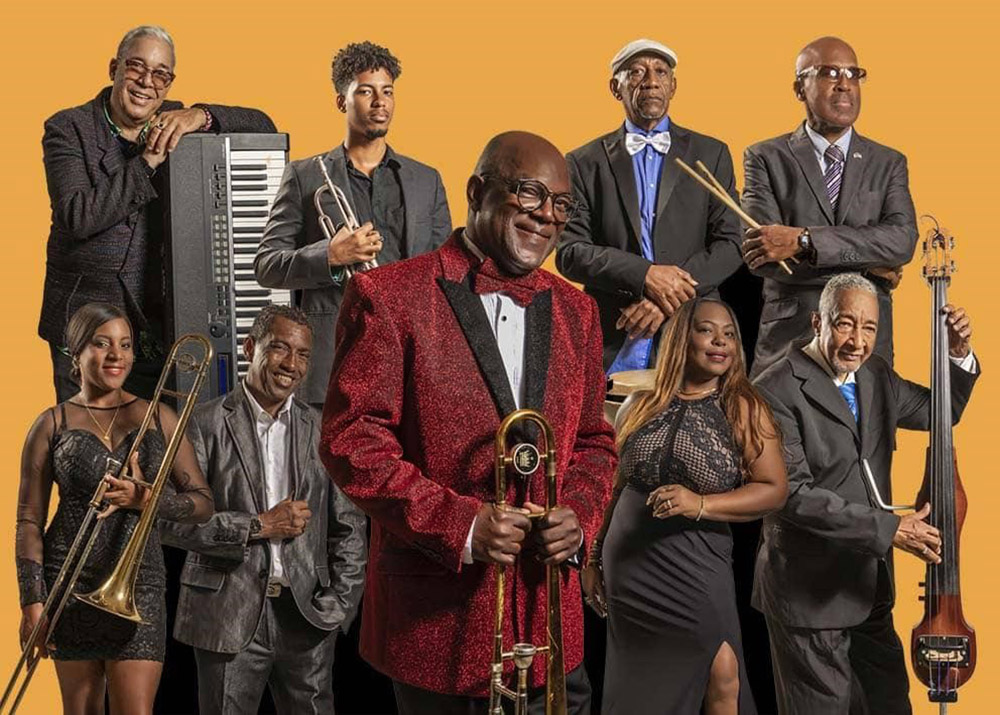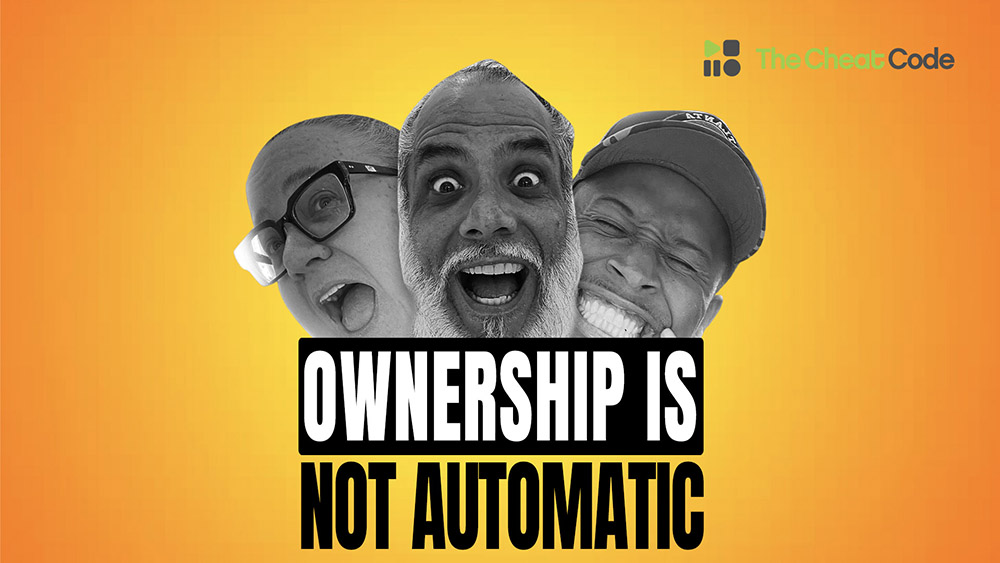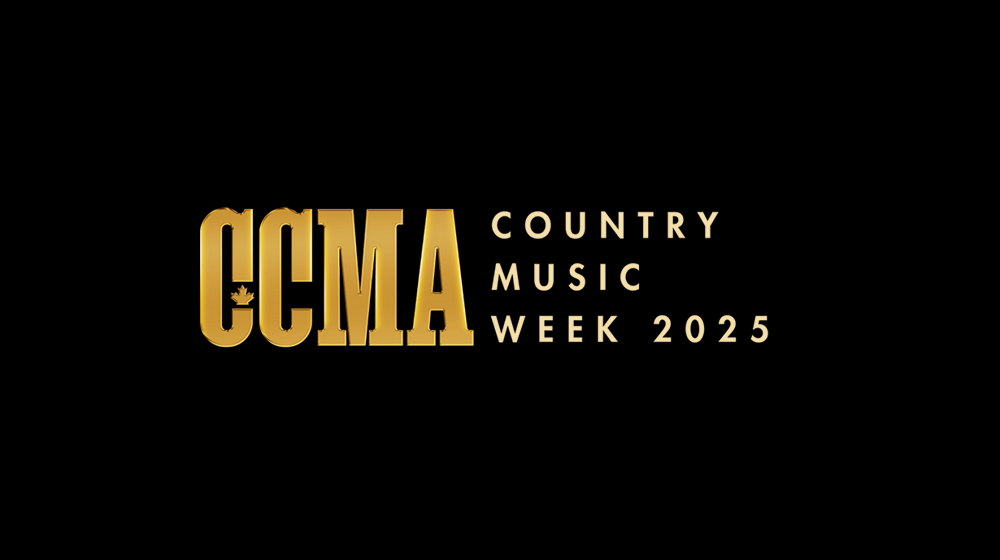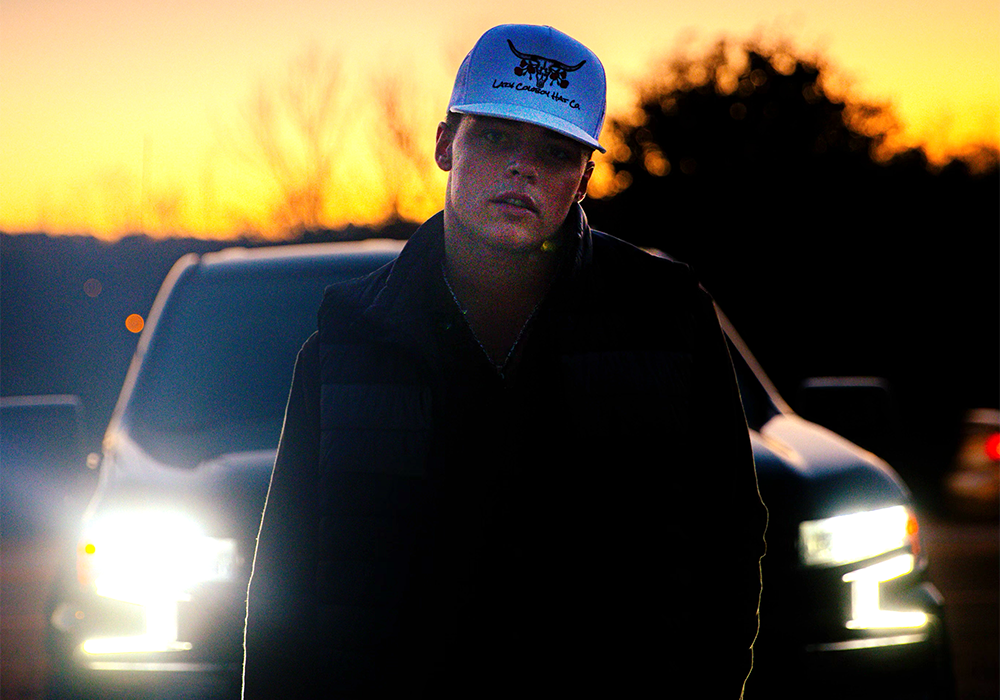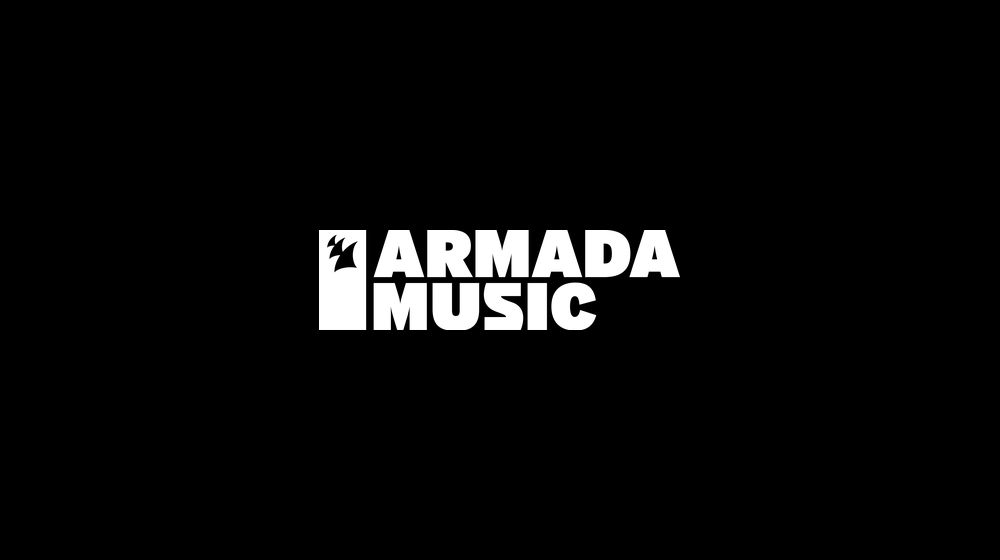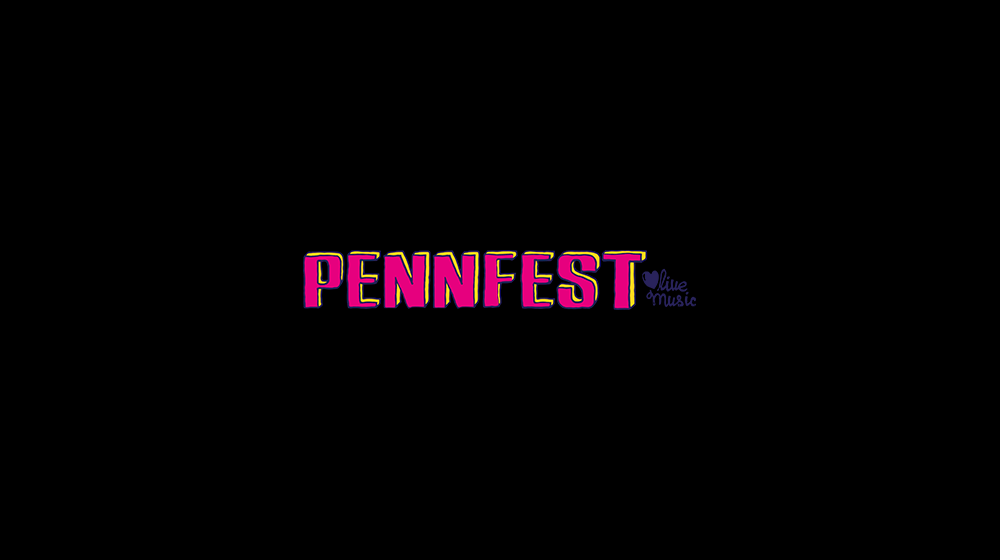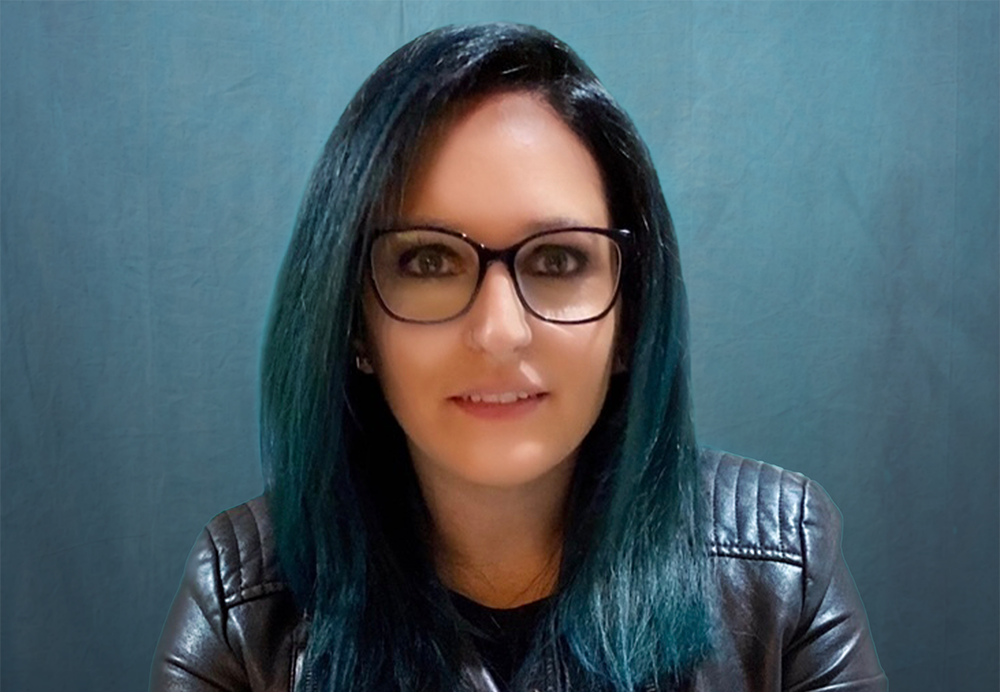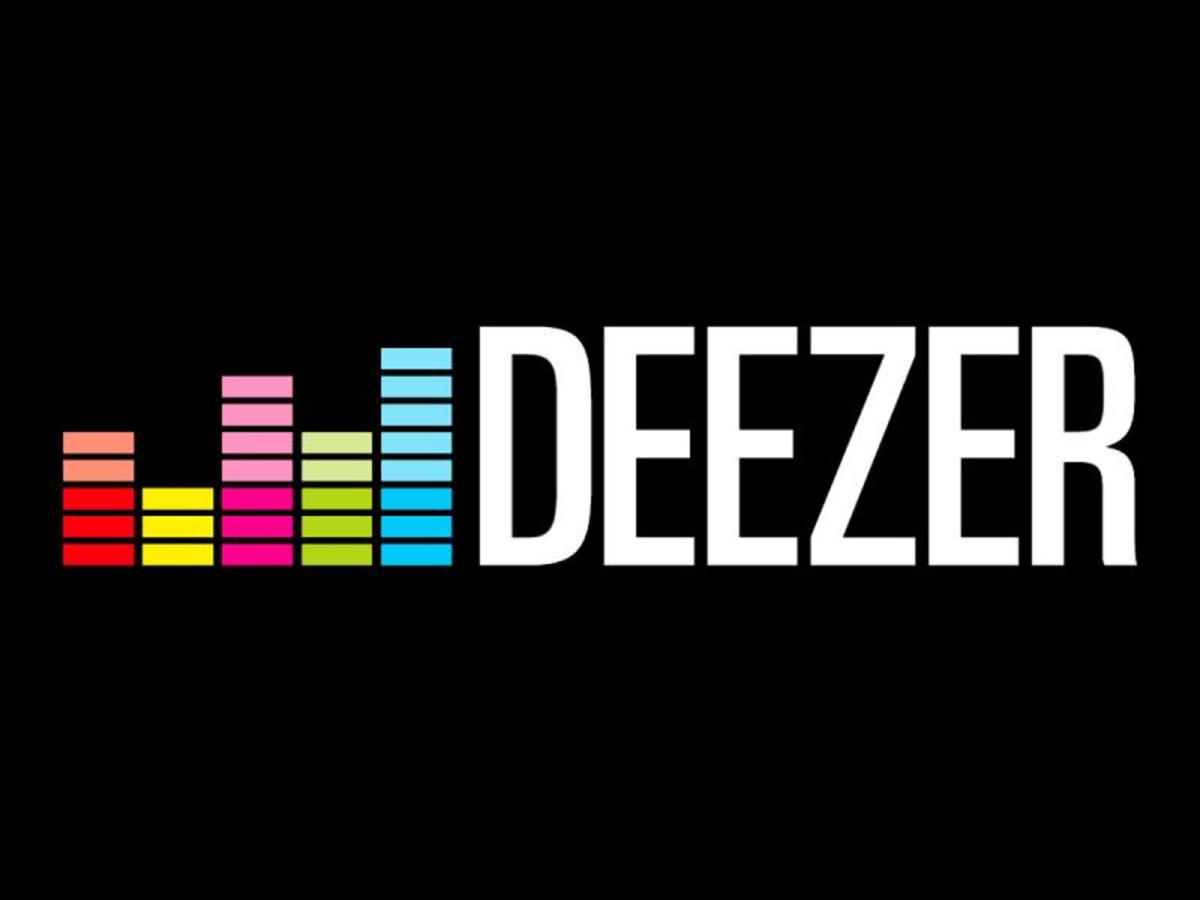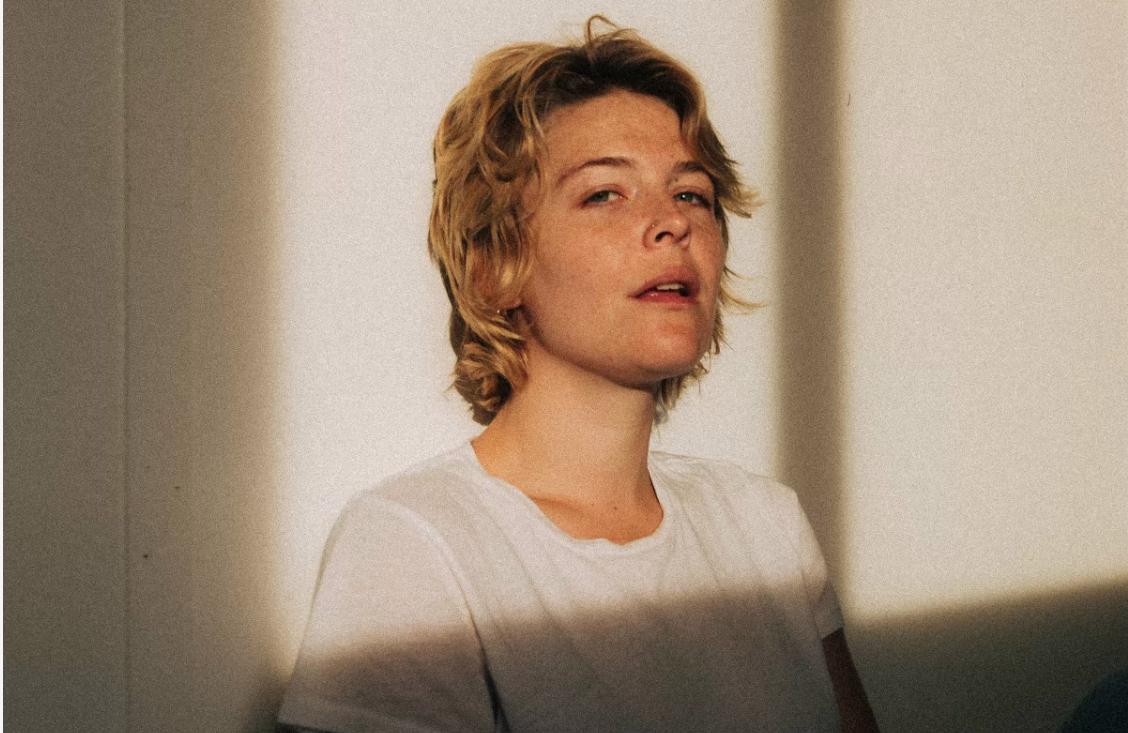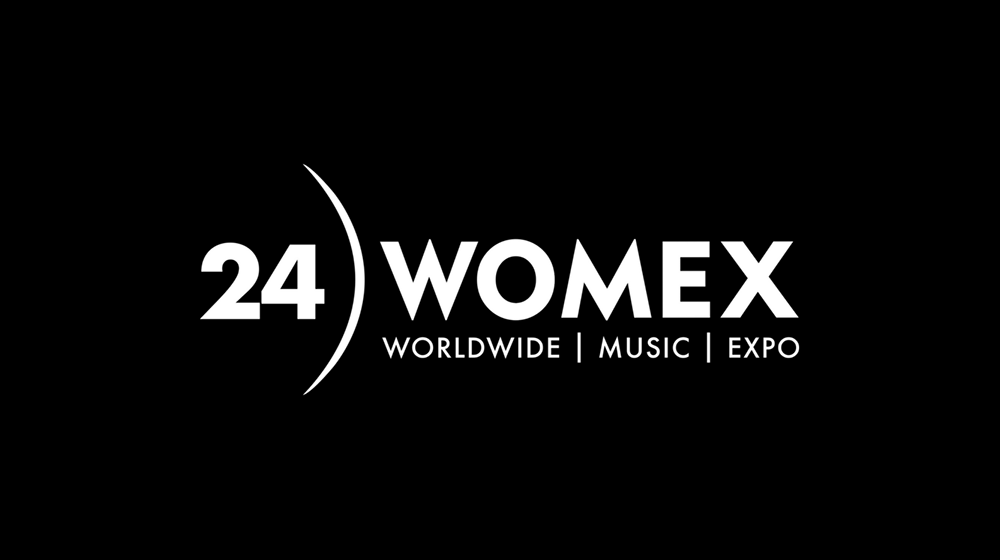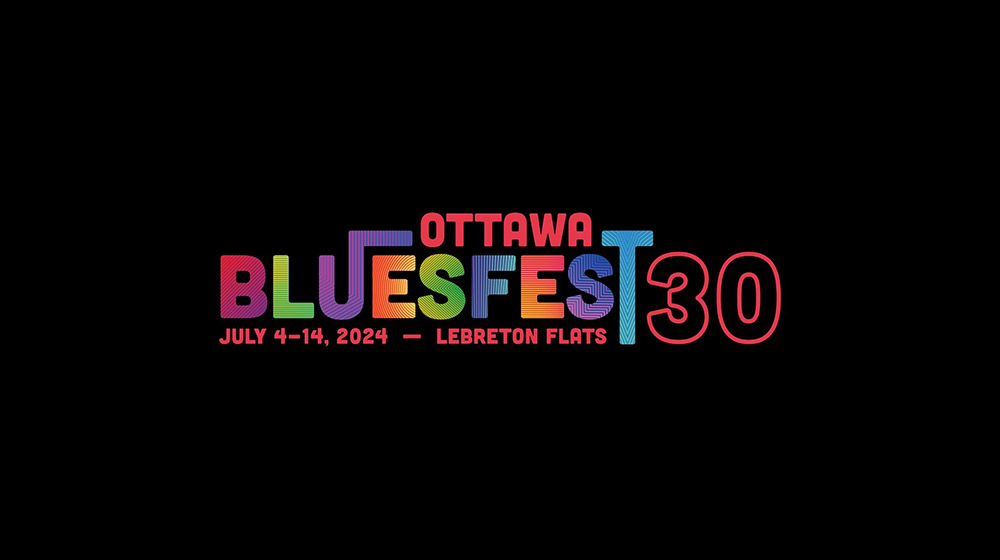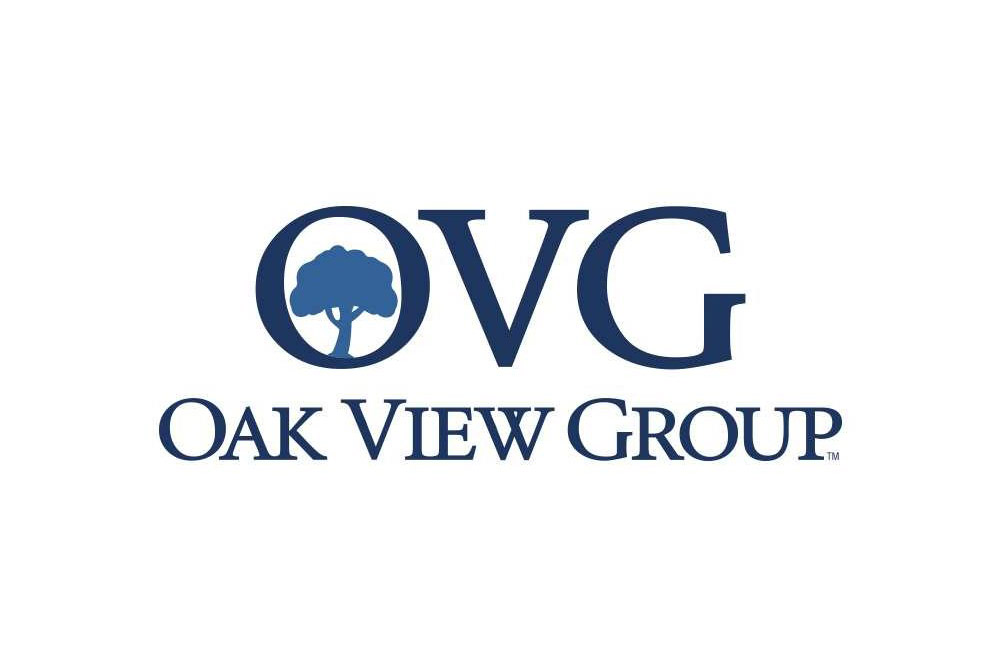
WASHINGTON — Moving to combat a growing and alarming piracy trend on some college campuses, the Recording Industry Association of America (RIAA) today filed lawsuits against the operators of four Napster-like internal campus networks that illegally distribute millions of copyrighted songs.
The targeted systems operate similarly to the pirate peer-to-peer network Napster — the online service found by a U.S. court in 2001 to have engaged in wholesale copyright infringement — but instead of being open to anyone with access to the Internet, they reside on a specific college's internal computer network, known also as a "local area network."
"These systems are best described as 'local area Napster networks,'" said Cary Sherman, President, RIAA. "The court ruled that Napster was illegal and shut it down. These systems are just as illegal and operate in just the same manner. And just like Napster, they hurt artists, musicians, songwriters, those who invest in their work and the thousands of others who work to bring music to the public."
"This is a particularly flagrant way to illegally distribute millions of copyrighted works over the Internet," added Sherman. "The people who run these Napster networks know full well what they are doing – operating a sophisticated network designed to enable widespread music thievery. The lawsuits we've filed represent an appropriate step given the seriousness of the offense."
The perpetrators of these internal Napster networks named in the suits filed by the RIAA make use of software known variously as Flatlan, Phynd or Direct Connect. All of them work much like Napster, centrally indexing and processing search requests for copyrighted works. And they permit users to download any of those works with the single click of a mouse.
Because of the sophistication of the technology and the expertise needed to install and manage such systems, Napster network operators can't help but be aware of the copyright infringement they facilitate. Indeed, each of the accused operators has seeded his services with hundreds — and in some cases, thousands — of copyrighted works. And in fact, they often monitor the infringement and, in several instances, have publicly bragged about it.
Given their bandwidth and high-speed connections, college computer networks are a frequent haven for illegal file-copying. As a result, many have become so clogged — often because of file-copying by users from outside of the college community — that such legitimate uses of the network as email or academic research have dramatically slowed.
The network operators sued by the RIAA for copyright infringement are from the following schools: Rensselaer Polytechnic Institute (RPI) [two individuals], Princeton University, and Michigan Technological University.
Sherman said that the RIAA will continue to investigate these types of services on college networks and that anyone with knowledge of such systems should report them to RIAA's music piracy hotline, 1-800-BAD-BEAT. "We hope that these suits serve as a stiff deterrent to anyone who is operating or considering setting up a similar system."
The RIAA's president also praised the higher education community for the steps that many colleges and universities are taking proactively to address the problem of peer-to-peer infringement on campus. Leaders from the university community have formed with representatives of copyright owners a Joint Committee of the Higher Education and Entertainment Communities. "We look forward to continuing our important work with leaders from the higher education community. Our joint efforts have already yielded progress in addressing the epidemic of piracy on college campuses."
"Though these suits were necessitated by the alarming speed and egregiousness of these local area Napster networks, they should in no way detract from the important successes that the Joint Committee is accomplishing," Sherman added. "The seriousness of this problem requires us to act quickly to send a loud and clear message that this kind of activity is illegal and has consequences."
So What's The Deal?
What do these systems do?
The systems, which we call "local area Napster networks," operate similarly to the illegal, and now shut-down, peer-to-peer network Napster — the online service found by a U.S. federal court in 2001 to have engaged in wholesale copyright infringement. But instead of being open to anyone with access to the Internet, they reside on a specific college's internal computer network, known also as a "local area network."
The perpetrators of these internal Napster networks make use of software known variously as Flatlan, Phynd or Direct Connect. All of them work much like Napster did, centrally indexing and processing search requests for copyrighted works.
Why did the RIAA file these lawsuits?
The court ruled that Napster was illegal and shut it down. These systems operate in just the same manner.
Because of the sophistication of the technology and the expertise needed to install and manage such systems, these Napster network operators can't help but be aware of the copyright infringement they facilitate. Each of the accused operators has also seeded his services with tens of thousands, and in one case a million — of copyrighted works without the permission of the artist, songwriter or copyright holder. And in fact, they often monitor the infringement and, in several instances, have publicly bragged about their knowledge of it.
These local area Napster networks have popped up at an alarming speed. The seriousness of the problem requires us to act quickly to send a loud and clear message that this kind of activity is illegal and has consequences.
In contrast to Napster and pirate P2P networks like it, which have been clearly and repeatedly judged illegal, there are several legitimate online services where music fans of all ages can access hundreds of thousands of music tracks the right way. (Click here to find a listing of some legitimate services: http://www.musicunited.org/6–legalsites.html)
Why are these lawsuits against students?
This action has been taken against the network operators of these illegal systems. The activity in which they are knowingly taking part is illegal and has consequences. Hundreds of thousands of copyrighted works are being pirated over these networks without the permission of the artist, songwriter or copyright holder. It just so happens that these network operators are students and they are using their schools' bandwidth and resources to participate in illegal activity.
How severe was the copyright infringement on these Napster-like networks?
One Napster network operating was offering approximately 650,000 music files; another offering 27,000 music files; a third 500,000 music files; and the worst offender was offering more than a million music files!
This kind of activity hurts artists, musicians, songwriters, those who invest in their work and the thousands of others who work to bring music to the public.
How long has this problem been around?
This appears to be prevalent on college campuses around the country. These suits are intended to send a very strong message that this type of illegal distribution of copyrighted material is not acceptable.
How many operators of these local area Napster networks are being sued?
Four.
At which schools?
Rensselaer Polytechnic Institute (RPI) [two individuals], Princeton University, and Michigan Technological University.
What should I do if I know of another local area Napster network that I think might be illegal?
Anyone with knowledge of these types of systems should report them to RIAA's music piracy hotline, 1-800-BAD-BEAT.
"This is a particularly flagrant way to illegally distribute millions of copyrighted works over the Internet. The people who run these Napster networks know full well what they are doing – operating a sophisticated network designed to enable widespread music thievery. The lawsuits we've filed represent an appropriate step given the seriousness of the offense."
–Cary Sherman, President, RIAA



















